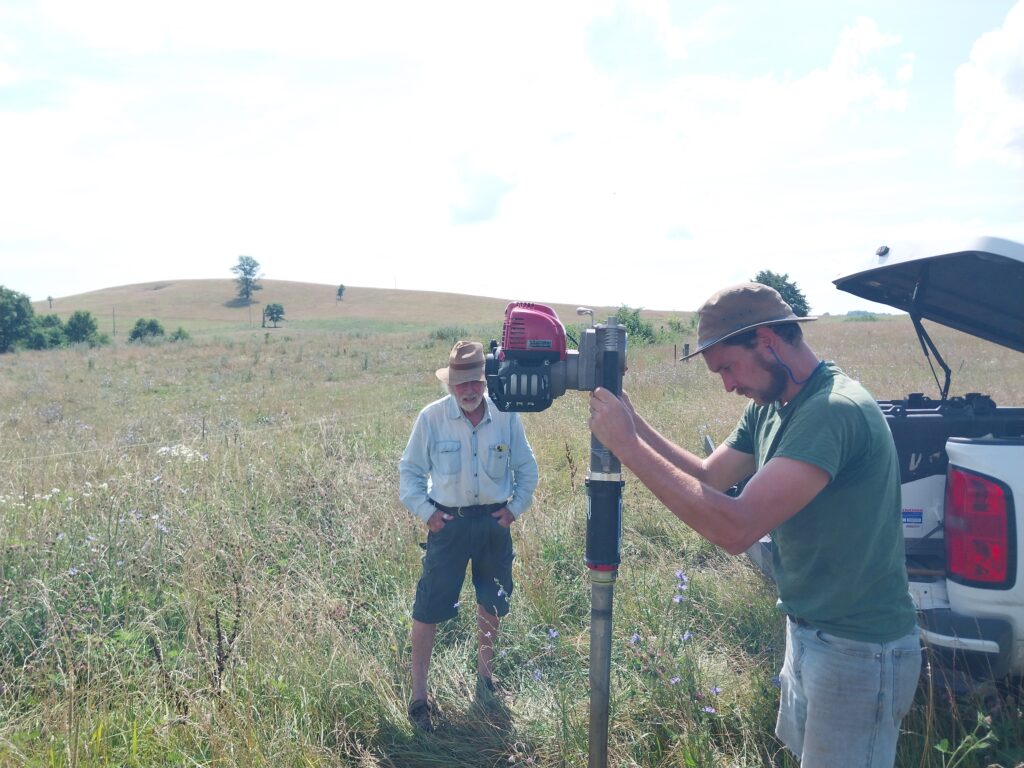This Summer, I spent a few days at Mountain Lake Biological Station and had the good fortune to sit in on a talk by Michael Kaspari, George Lynn Cross Research Professor at OU. Dr. Kaspari discussed his work on global nutrient dilution, its impact on herbivore and insect populations, and the need for getting carbon out of the sky and into the ground.

I had not heard of nutrient dilution before and it hit me hard in thinking about our own new program, Southern Climate Restoration Solutions (SCRS), and its flagship project – the Carbon Farming Partnership (CFP). The goal of SCRS is to identify and scale up the most cost effective natural solutions in the Southeast U.S. to capture atmospheric carbon and store it as a solid and liquid in plants and soils. The first project out of the gate for SCRS is CFP and there we are focusing on promoting agricultural carbon management for climate restoration and nutrient density, or, to now borrow from Dr. Kaspari, the promise of a slowing of this phenomenon of global nutrient dilution.
